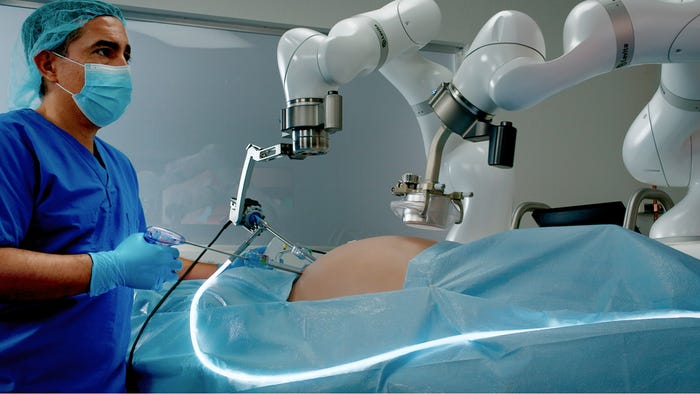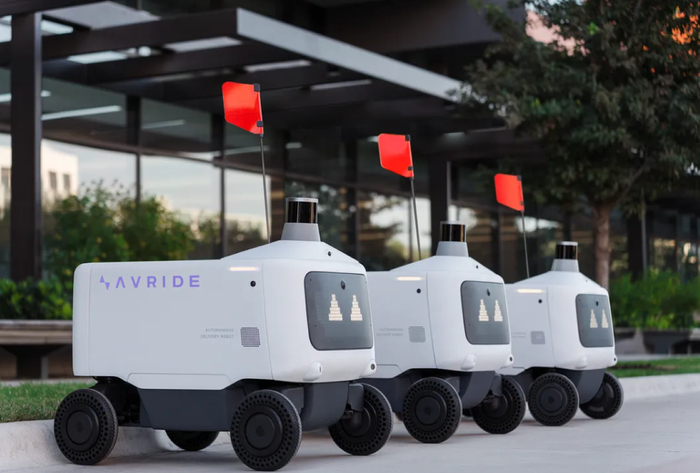Michigan Enacts First Law for Testing, Sale of Driverless Cars
Michigan, in a race with Silicon Valley for supremacy in autonomous autos, today enacted legislation that it said is the first in the U.S. to establish comprehensive regulations for testing, use and eventual sale of self-driving cars.
December 9, 2016

Michigan Governor Rick Snyder signed a law that defines how self-driving cars can be used on public roads in testing and commercial deployment, the Michigan Economic Development Corp. said in a statement. The law allows public road testing of vehicles without steering wheels, gas or brake pedals or any need for human control. It lets auto and tech companies operate driverless ride-sharing services and also lays out rules for how self-driving cars can be sold to the public once the technology has been tested and certified.
“Michigan is the global center for automotive technology and development,” Snyder said in the statement. “By establishing guidelines and standards for self-driving vehicles, we’re continuing that tradition.”
Michigan business leaders and politicians are keen to keep Detroit at the center of automaking as Silicon Valley heavyweights such as Alphabet Inc.’s Google, Apple Inc. and Uber Technologies Inc. are accelerating research into robot rides. The state is developing a 335-acre (136-hectare) testing facility for driverless cars on the site of a World War II bomber factory, and the University of Michigan has opened a proving grounds for such vehicles on its campus. U.S. regulators also have proposed rules for testing and deploying driverless autos.
Related: How the IoT Is Transforming Alcohol, Cars, and Moth Mating
In preparing the legislation, Michigan lawmakers received input from General Motors Co., Ford Motor Co., Fiat Chrysler Automobiles NV, Toyota Motor Corp., Google, Uber and Lyft Inc., according to the economic development agency, which is financed by public and private funding. The companies “helped inform the final legislation” so that “any new policy would not impact the autonomous vehicle industry’s ability to evolve,” the agency said.
“By creating a more in-depth framework for how self-driving vehicle technology can be researched, tested and used, we’re building a structured plan that takes into account the needs of private industry,” said Steve Arwood, the agency’s chief executive officer.
About the Author
You May Also Like






